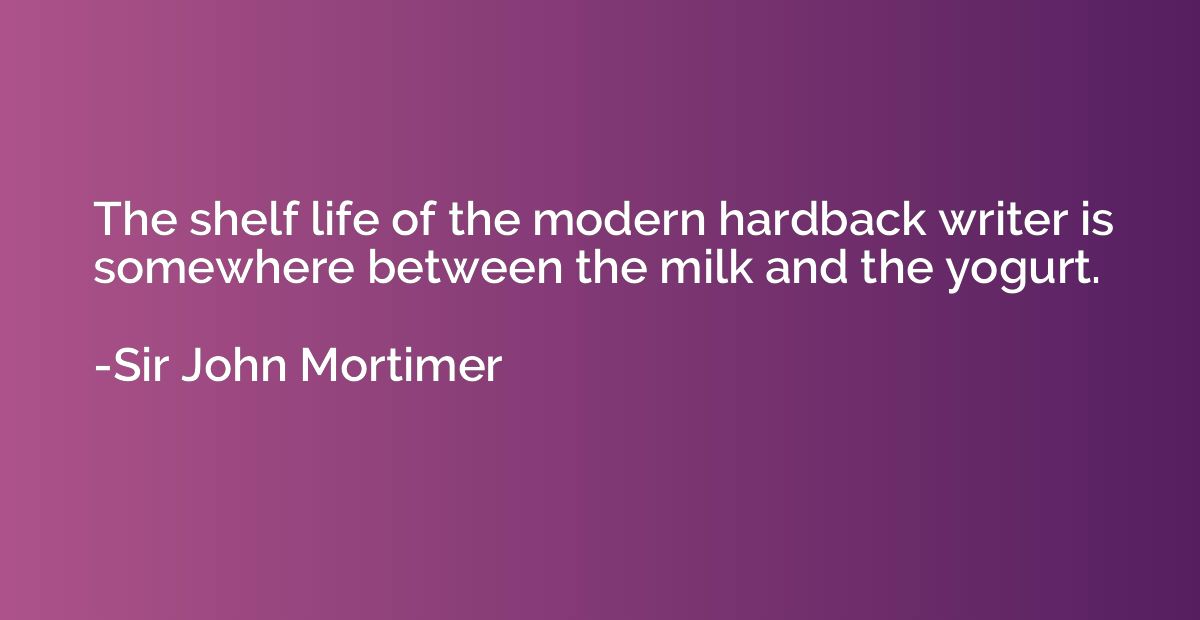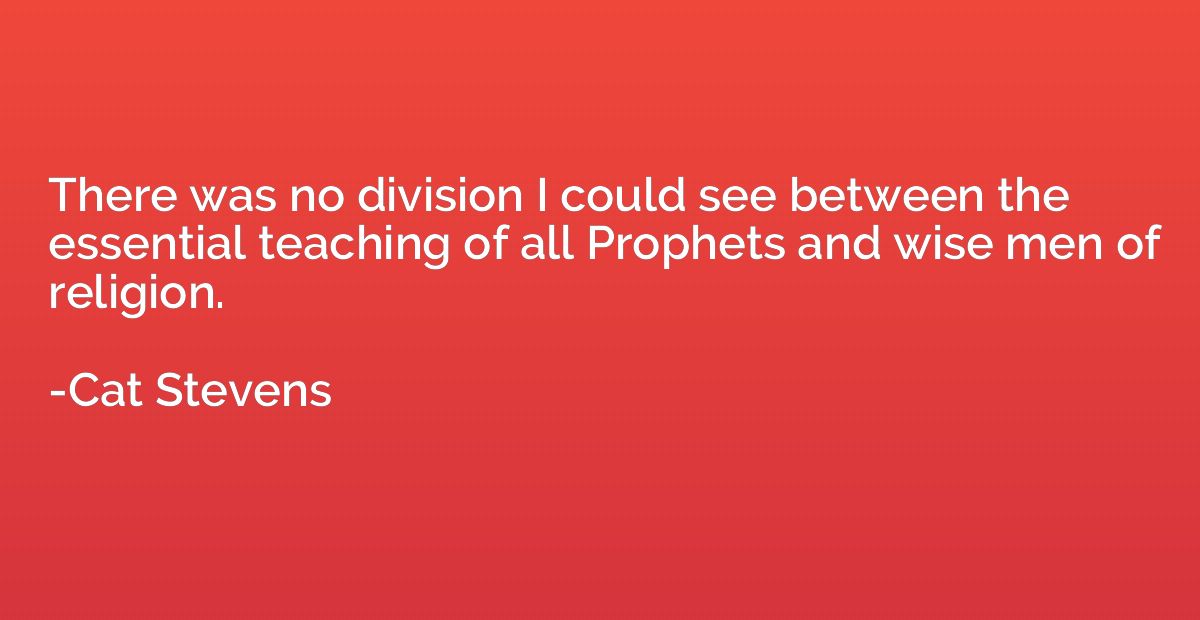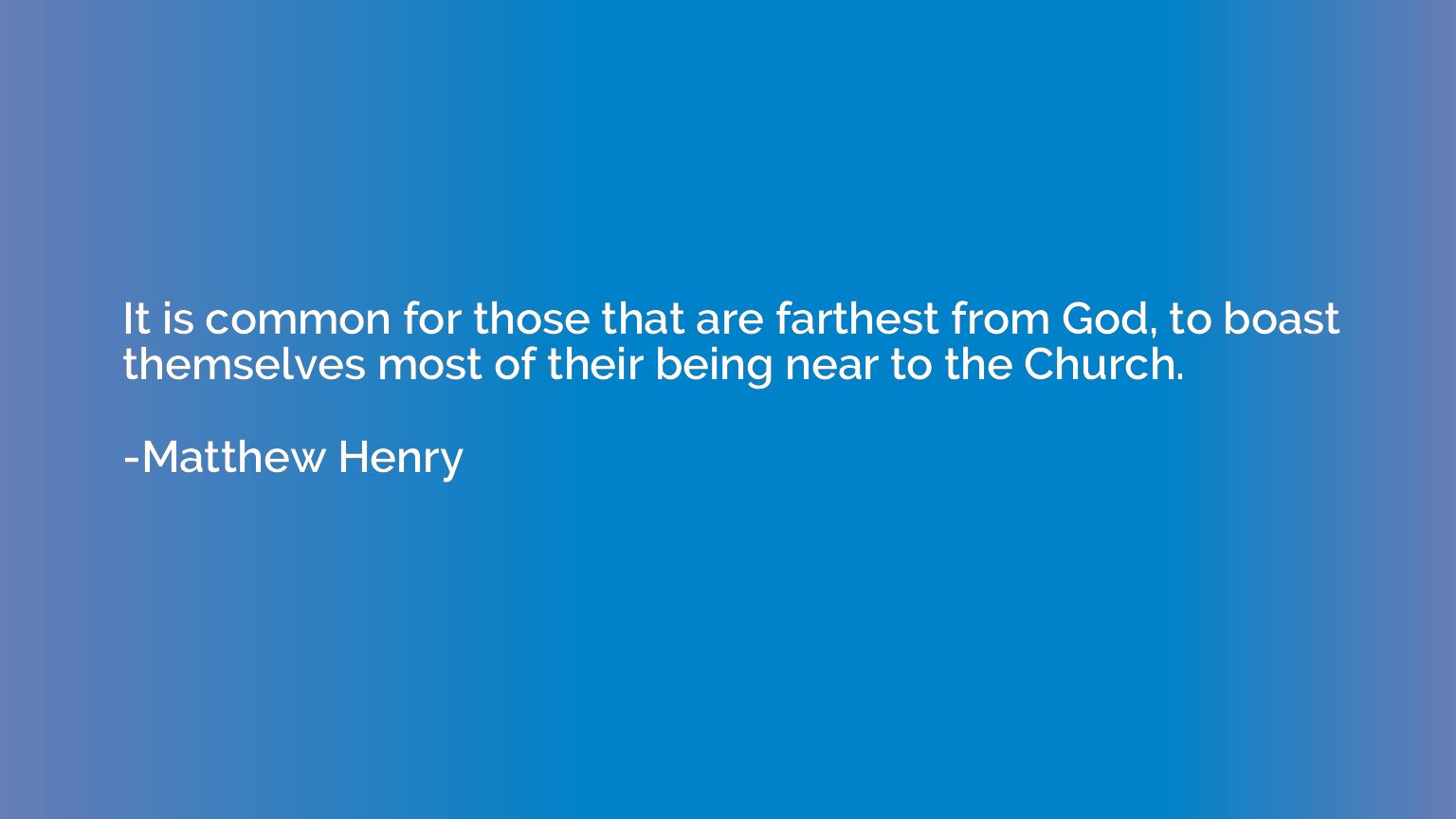Quote by Sir John Mortimer
The shelf life of the modern hardback writer is somewhere between the milk and the yogurt.

Summary
This quote highlights the limited longevity of modern hardback writers in the literary industry. Comparing it to perishable food items like milk and yogurt implies that the relevance and popularity of these writers tend to fade quickly. It suggests that the industry's rapid pace and changing demands make it difficult for writers to sustain long-term success, emphasizing the transient nature of their literary careers.














